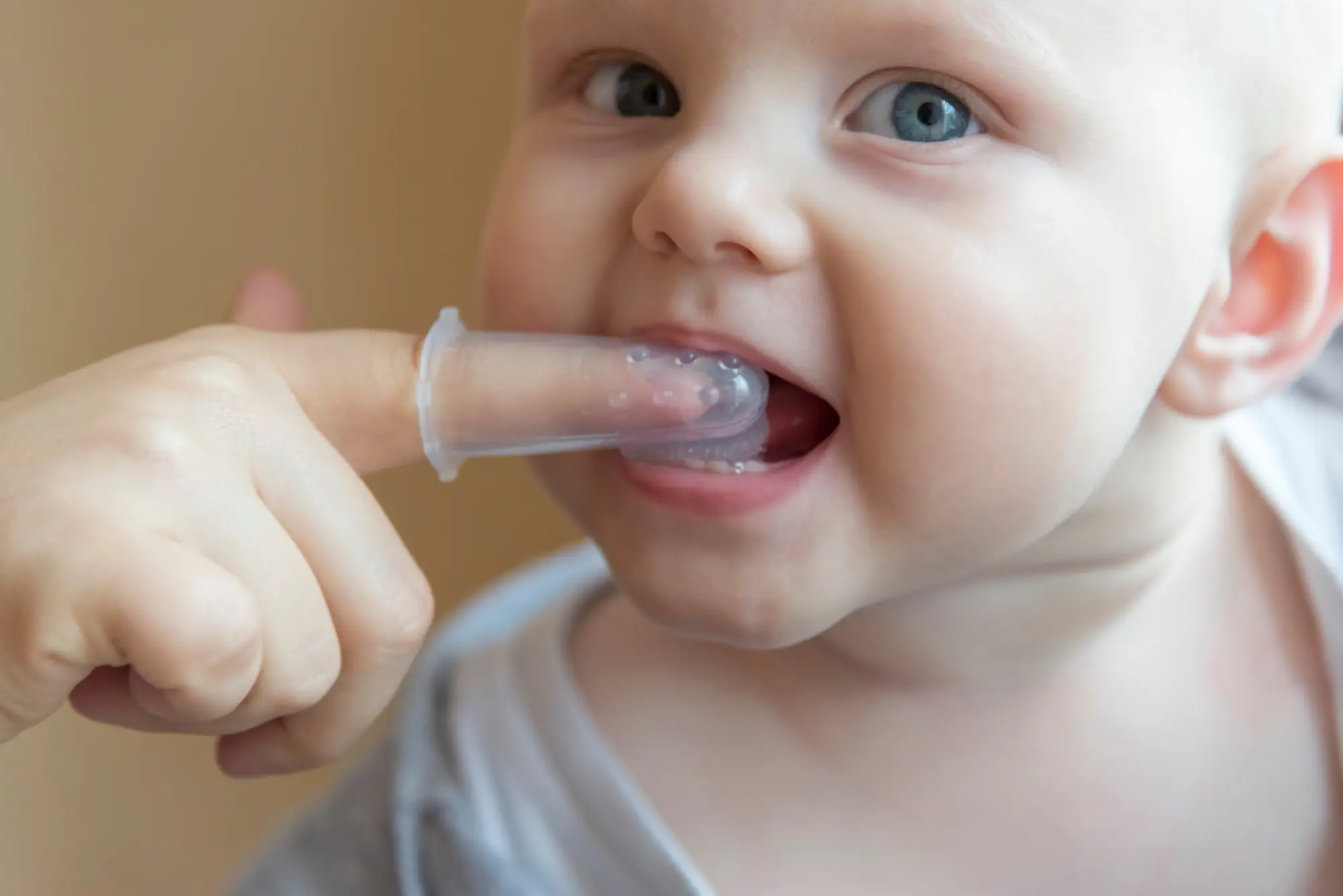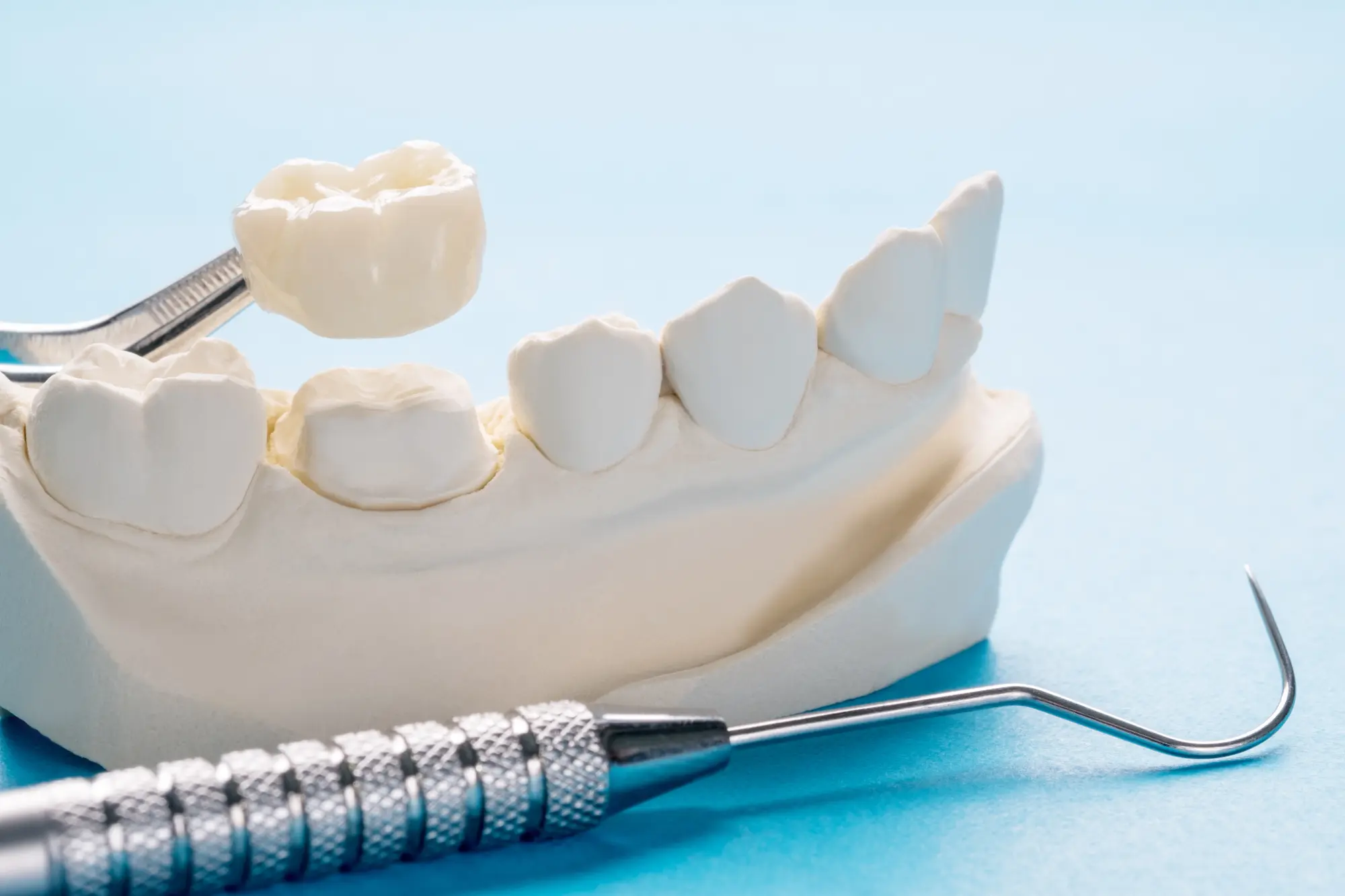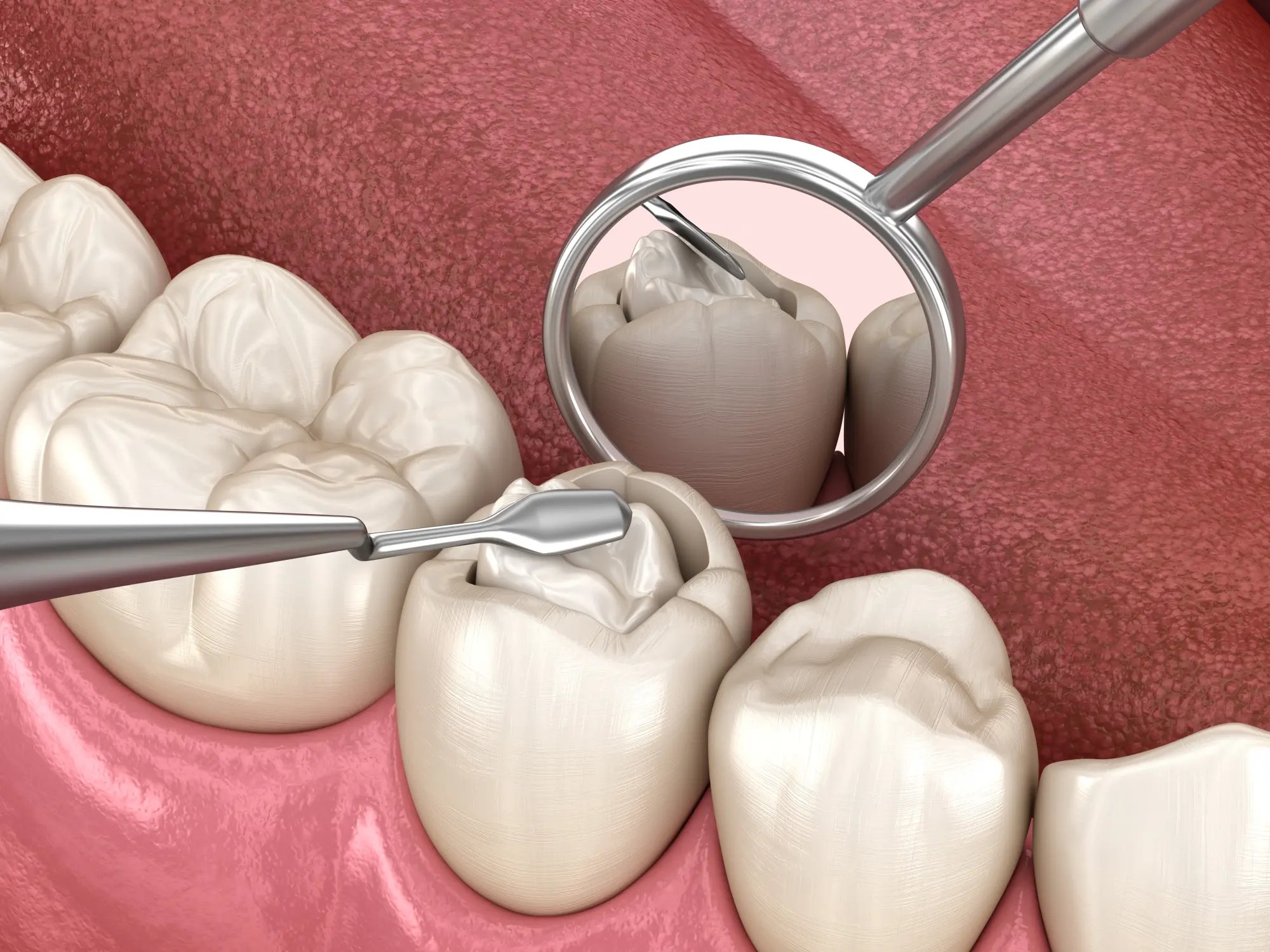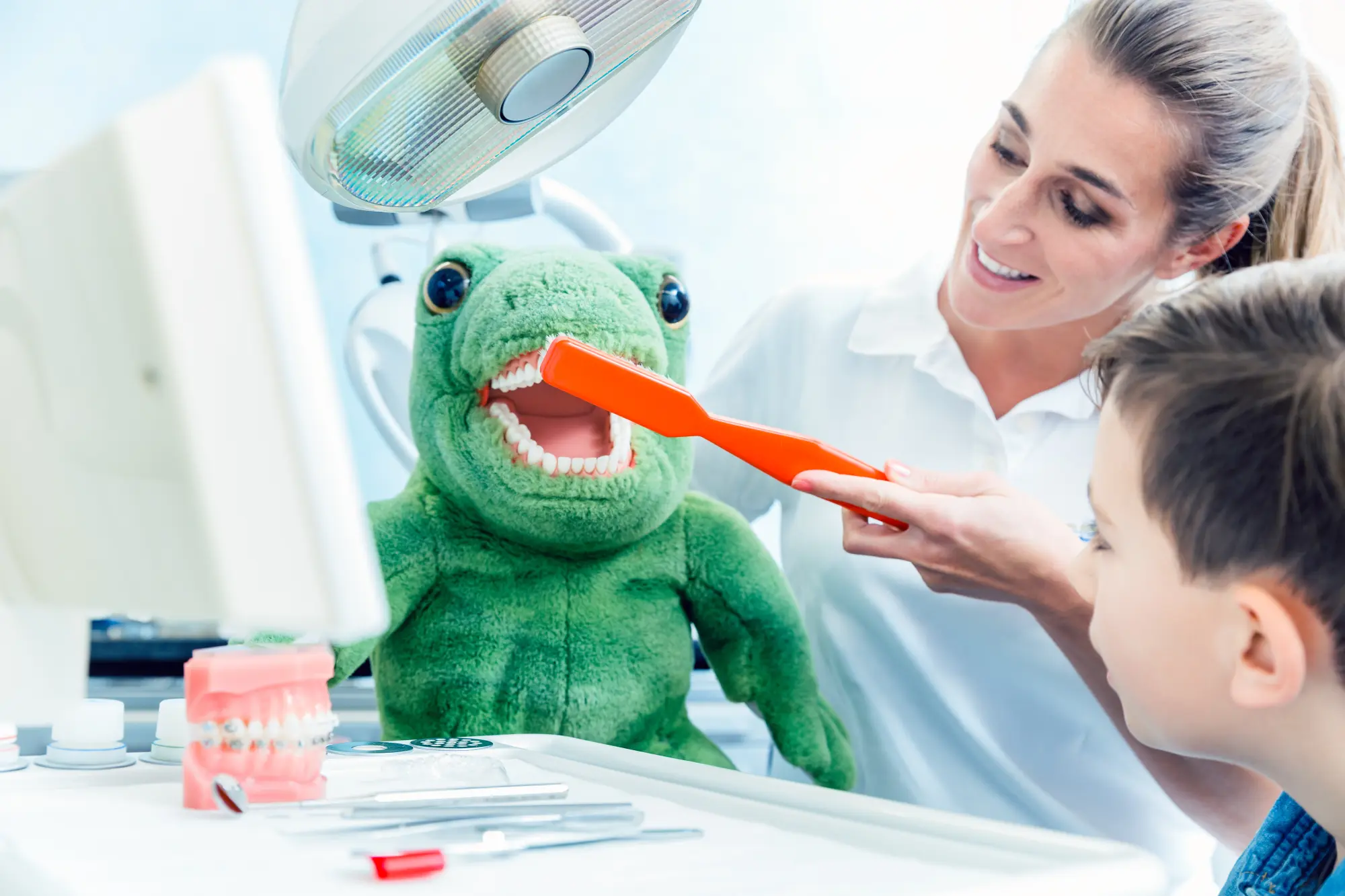August 29, 2024

One area that often gets overlooked is infant dental care, particularly the impact of nighttime feedings on a baby's teeth. In this blog post, our San Francisco pediatric dentist will delve into the effects of nighttime feedings on your baby's dental health and provide practical tips on how to protect those precious little teeth.
The Connection Between Nighttime Feedings and Dental Health
Nighttime feedings, whether breast or bottle, are a common practice for many parents. They provide comfort and nutrition to your baby, but they can also have an impact on your baby's dental health. When your baby falls asleep while feeding, the milk can pool in their mouth, providing a breeding ground for bacteria. These bacteria can produce acids that attack the enamel of your baby's teeth, leading to tooth decay.
- Tooth Decay in Infants: Also known as 'baby bottle tooth decay,' it primarily affects the upper front teeth but can also affect other teeth.
- Prevention: Limiting the frequency of nighttime feedings can help. Gently wiping your baby's gums and teeth with a soft, clean cloth or anti-cavity xylitol wipes after each feeding can also help.
The Role of Saliva in Dental Health
Saliva plays a crucial role in maintaining oral health. It helps to wash away food particles and neutralize the cavity-causing acids produced by bacteria. However, during sleep, the production of saliva decreases, which can leave your baby's teeth more vulnerable to decay. Going to bed with any residual food or drink on the teeth can result in an all-night acid attack to newly developing teeth.
- Importance of Saliva: Saliva is your baby's natural defense against tooth decay. It contains proteins and minerals that help protect tooth enamel.
- Managing Reduced Saliva Production: To combat the decrease in saliva production, make sure your baby has plenty of water during the day and try to limit nighttime feedings as they grow older.
Starting Good Dental Habits Early
Starting good dental habits early can lay the foundation for a lifetime of healthy teeth. Even before your baby's first tooth appears, you can start by cleaning their gums after feedings. Once teeth start to appear, begin brushing with a soft, infant-sized toothbrush and a tiny smear of fluoride toothpaste.
- First Dental Visit: Your baby's first dental visit should be scheduled by their first birthday. Regular dental visits can help catch any potential issues early.
- Teaching Good Habits: As your child grows, teach them the importance of good oral hygiene. Make brushing and flossing a fun part of their daily routine.
The Role of Diet in Dental Health
A healthy diet is just as important for your baby's dental health as good oral hygiene habits. Try to limit sugary drinks and starchy or sticky snacks, and provide a balanced diet to ensure your baby gets all the necessary nutrients for healthy teeth and gums.
- Healthy Eating Habits: Encourage your baby to develop healthy eating habits from an early age. Include plenty of proteins, fruits and vegetables in their diet.
- Limiting Sugary Foods and Drinks: Sugary and starchy foods and drinks can lead to tooth decay. Try to limit their intake, especially between meals.
Schedule your appointment for Infant Dentistry in San Francisco
At Mission Bay Pediatric Dentistry, we understand the unique dental needs of infants and children. Dr. Erin Shah and her team are committed to providing the highest quality infant dental care in San Francisco. If you have any concerns about your baby's teeth or want to schedule their first dental visit, give us a call at (415) 825-3323. We're here to help ensure your baby's smile stays bright and healthy.





.webp)

